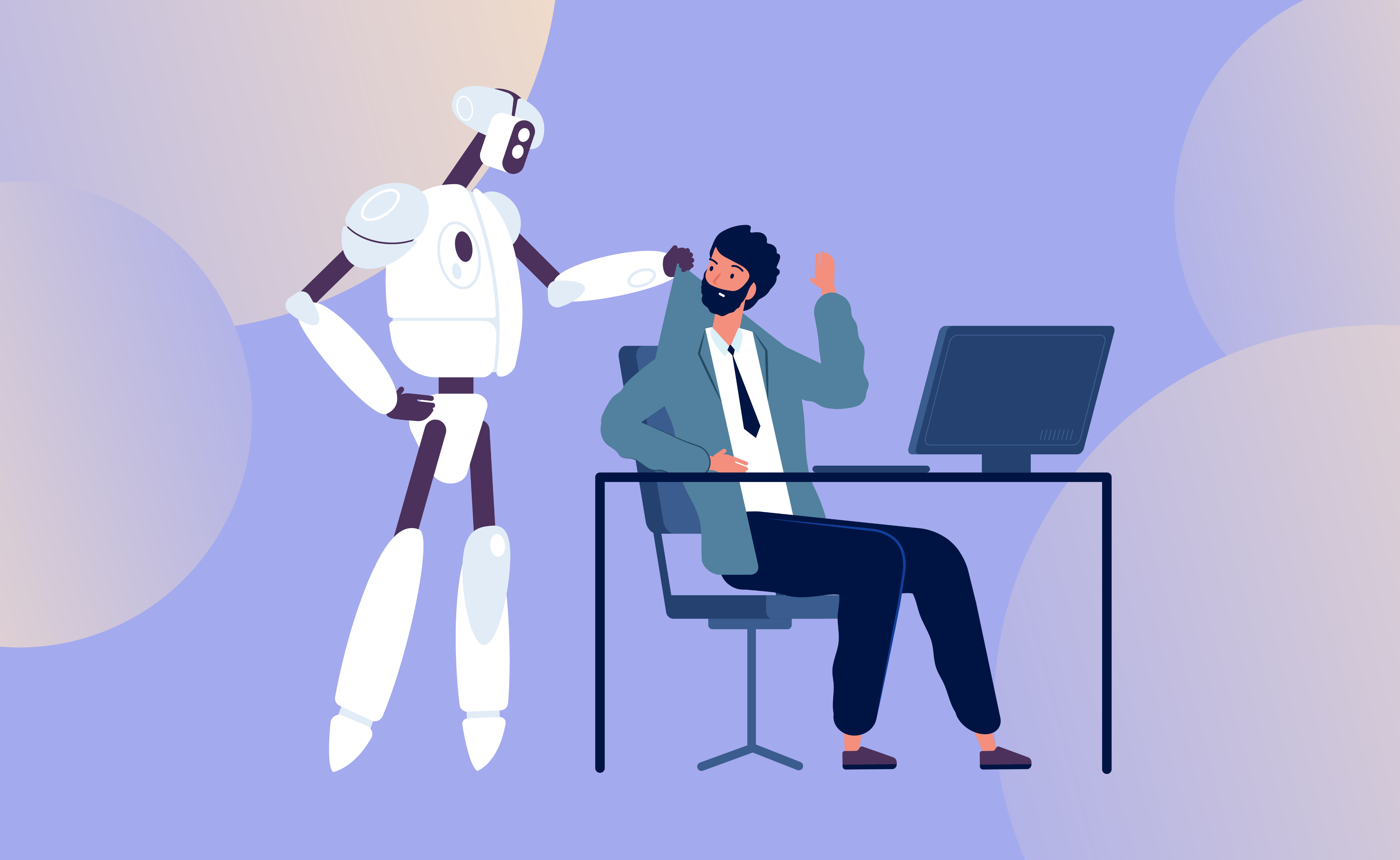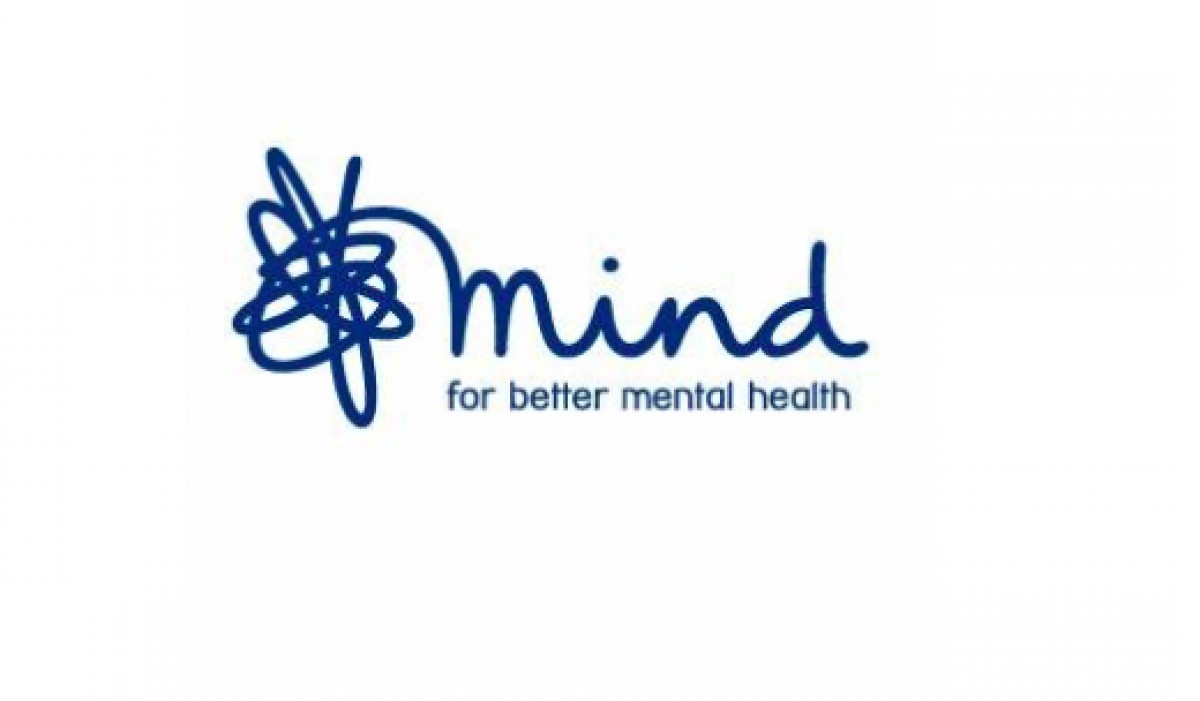The question of whether AI will replace human content writers in the near future is complex and multifaceted. Based on the knowledge provided, here are some key insights:
-
Transformation, Not Replacement: AI has significantly transformed the content writing industry, but it has not outright replaced human writers. AI tools like ChatGPT can generate content quickly, but they often require human oversight for quality and creativity.
-
Current Limitations of AI: AI-generated content can be passable but often lacks the emotional depth, creativity, and cultural understanding that human writers bring. AI struggles with creating engaging narratives and requires clear instructions to produce coherent content.
-
Role of Human Writers: Human writers excel in areas where AI falls short, such as emotional nuance, moral and ethical judgment, and cultural context. These elements are crucial for creating content that resonates with audiences.
-
AI as a Tool: AI can enhance the writing process by automating repetitive tasks, aiding in research, and generating ideas. It serves as a tool for inspiration rather than a replacement for human creativity.
-
Industry Impact: While AI is reshaping the landscape of content creation, it is more likely to augment existing roles rather than completely replace them. AI can improve efficiency and consistency, but human input remains essential for quality and engagement.
-
Future Outlook: The creative potential of AI is still being explored, and unexpected effects may emerge. Writers are encouraged to embrace AI, adapt to changes, and find ways to complement AI with human creativity.
In conclusion, while AI will continue to impact the content writing industry, it is unlikely to fully replace human writers in the near future. Instead, AI will serve as a valuable tool that enhances the capabilities of human writers, allowing them to focus on more complex and creative tasks.








